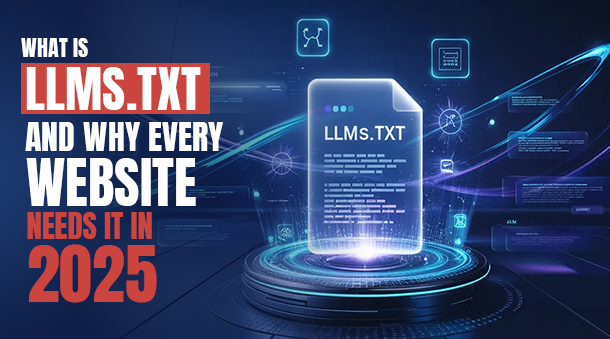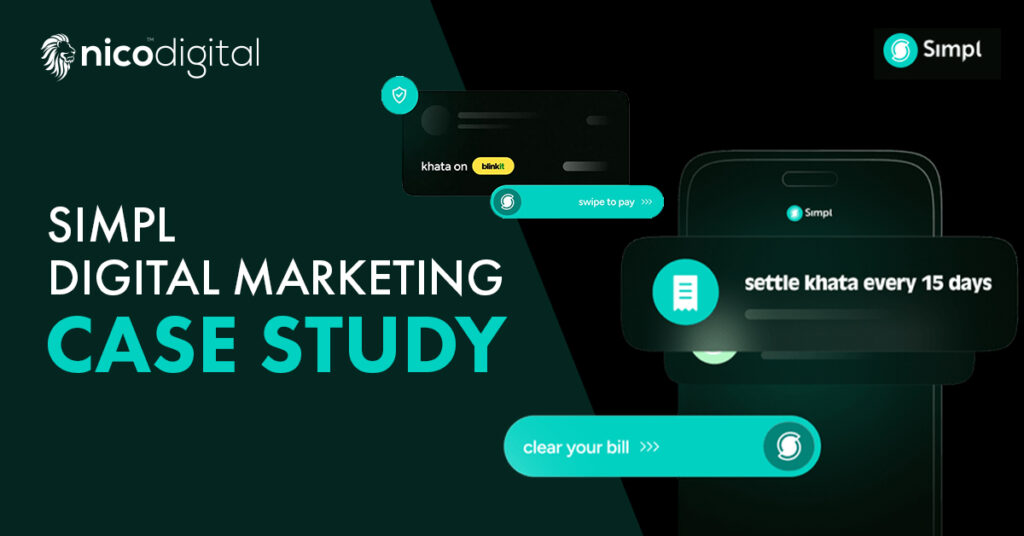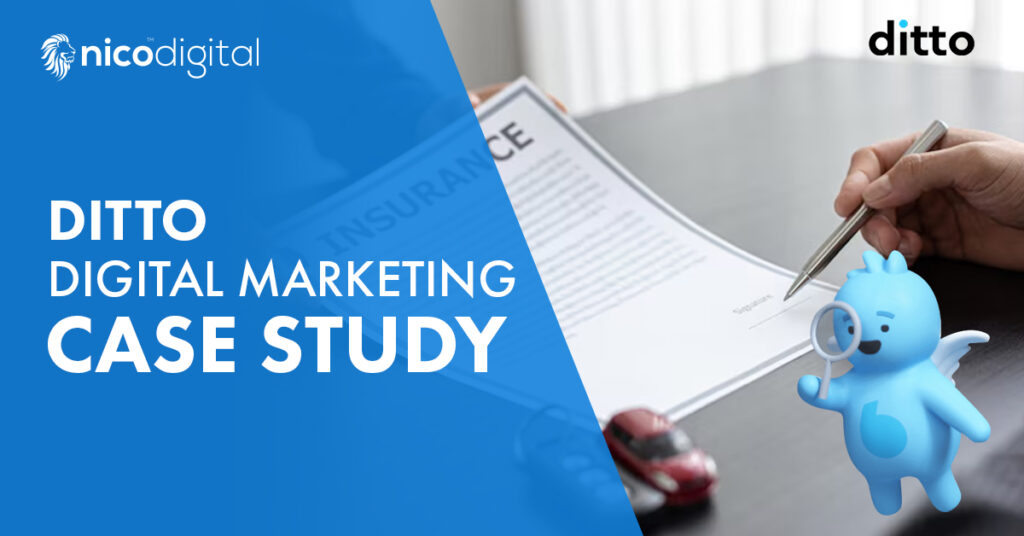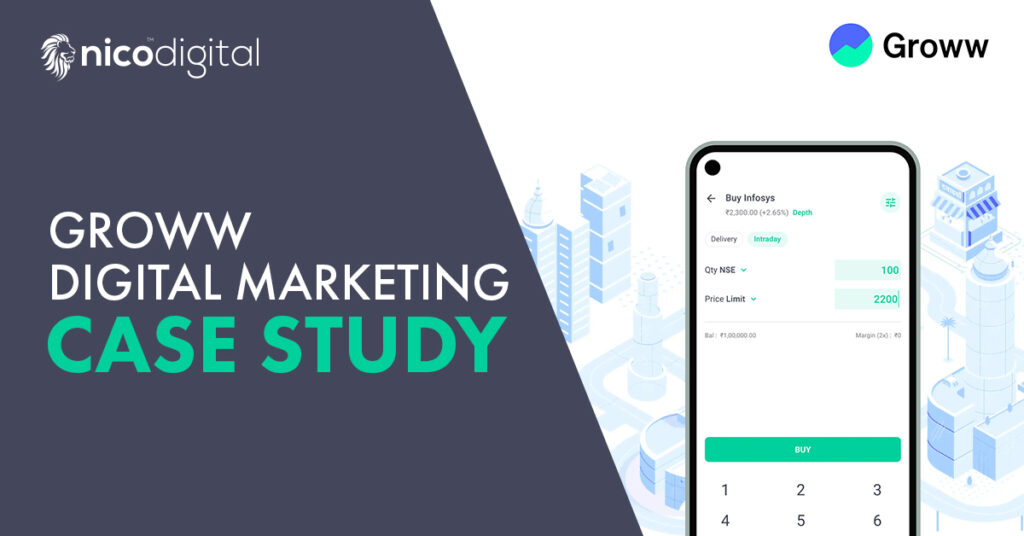
The Internet is advancing, as are concerns regarding its regulation. In previous years, webmasters’ primary concern was how search engine bots scanned through and indexed their webpages. To mitigate the problem, robots.txt was created, a simple file that told search engine bots in a polite manner where they could or could not go. But in the year 2025, we are facing a new class of digital crawlers, not search engines, but generative AI models.
The LLMs (large language models), such as ChatGPT, Gemini, Claude, or LLaMA, are not merely indexing the information; they are assimilating, summarizing, and repurposing the info to produce AI-generated responses, and that too sans citations, backlinks, and traffic. Such a scenario worsens the situation and raises a very rational question for the present. How do you ensure the protection and management of your digital content in the AI Era?
And this is where LLMs.txt comes in. This new technology is focused on giving content owners and managers control back while allowing content to be protected, too.
The Rise of the Machines — and Why It Matters
The golden era, where a single blog post could garner thousands of views simply from high-ranking positions on Google, is long gone. Nowadays, many users seek answers directly from AI, which may have been content generated from your site. Although your content is well researched and may be included in a chatbot’s answer, users will not click on your link.
Within the current unregulated landscape of AI content collection, LLMs.txt acts as your sheriff. It is a text file found at the root of your domain that instructs AI crawlers on how your content should be accessed, used, or restricted. It behaves similarly to robots.txt, but focuses on the bots that fetch or train content for large language models.
How LLMs.txt Works
AI crawlers request access to your site.
The LLMs.txt file checks rules for each crawler.
Access is either Allowed, Restricted, or Blocked.
Site owner updates the file as needed.
Why Should You Care About LLMs.txt?
To put it bluntly, ignoring this will allow AI models to consume your content without any limitations. If you operate an ecommerce site, a blog, a SaaS product, or a news publication, your content is very likely getting scraped and processed by a myriad of LLMs. Some of these models may use it to summarize information, while others may use it to train future iterations of their models, and often without your knowledge or consent.
Due to the introduction of LLMs.txt, now you can opt in, opt out, or partially control how information is extracted from you. For instance, you may permit OpenAI to read your blog while blocking Amazon’s Titan or Meta’s crawlers. This is not a matter of paranoia; this is a matter of asset protection in the case where assets are being silently repackaged and redistributed by AI. While laws are slowly catching up, here is instant, proactive control.
The SEO Angle: Friend or Foe?
If your concern is “Won’t this hurt my SEO?”, not exactly. It is a tactical advantage. While AI models may provide some visibility, they can also negatively impact your click-through rates. Users can find the answers they need through a chatbot, eliminating the need to visit your site. In this situation, you forfeit traffic, advertisement income, and user engagement, all while your content works to promote you behind the scenes.
There is a middle ground with LLMs.txt. Grant open access to the content that you wish to promote while safeguarding the areas you do not want used for AI training. This is crucial for proprietary research, gated content, and anything you depend on for conversions. It isn’t about shutting all access out; it is about selecting who you wish to allow.
As LLMs develop, it is reasonable to think that they will begin to adhere to these signals more strictly. Consider LLMs.txt a long-term investment in AI-aware SEO; a means of safeguarding your digital footprint with the evolution of search.
Legal and Ethical Dimensions
In addition to visibility and traffic, there is a legal undercurrent to this discussion. Lawsuits AI companies face from media houses and creators for using data without permission create a legal issue. Possibly, an LLMs.txt file could serve as an early indicator of AI companies’ efforts to signal content protection. While it wouldn’t substitute the need for copyright law, it does indicate an effort to comply.
From an ethical standpoint, the cultural implications of LLMs.txt demonstrate that the internet is maturing — this LLMs.txt culture embraces consent and transparency. You’re no longer simply issuing orders to AI; you’re making a public declaration of where you choose to set boundaries. And that dynamic will be in full force by 2025.
Getting Started with LLMs.txt
Deploying and creating LLMs.txt is easy and intuitive. All that is required is to place a plain text file at the root of your domain (yourwebsite.com/llms.txt), containing instructions that permit or forbid AI bots from certain portions of your site. The file must be in lowercase as it is case sensitive and should be publicly accessible.
Monitoring bot activity through server logs or Google Search Console and Cloudflare to see which LLMs are poking around is a best practice. Based on what you know, you can make changes to your instructions over time.
With the growing number of LLMs and AI crawlers, this file will need to be updated from time to time — similar to how you review and update SEO plans based on algorithm shifts.
Content Protection
Prevents unauthorized AI training.
Traffic Preservation
Prevents unauthorized AI training.
Selective Sharing
Choose which AI models can access your data.
Legal & Ethical Compliance
Shows consent and transparency.
Why Every Website
Needs LLMs.txt
in 2025
The Bottom Line: Control Is a Click Away
In digital marketing, each content piece is considered a digital property, and digital properties need to be secured. With LLMs.txt, you are not blocking technological advancement; instead, you are setting limitations. You are deciding the conditions on which you will allow your content to be shared, and not surrendering to AI platforms that dictate how the sharing is done.
If you manage a website in 2025 and do not use this file, it is the same as having your front door wide open while AI systems freely access your proprietary content. That is not just worrisome; it is irresponsible.
Let Nico Digital Help You Set the Rules
At Nico Digital, we help brands thrive in the rapidly evolving digital landscape. From mastering SEO in the post-Google era to preparing your LLMs.txt to safeguard your content from unauthorized access, we are here to protect your brand from future vulnerabilities.
Do not allow your digital content to be unsecured.
Partner with Nico Digital to reclaim your digital content properties today.























